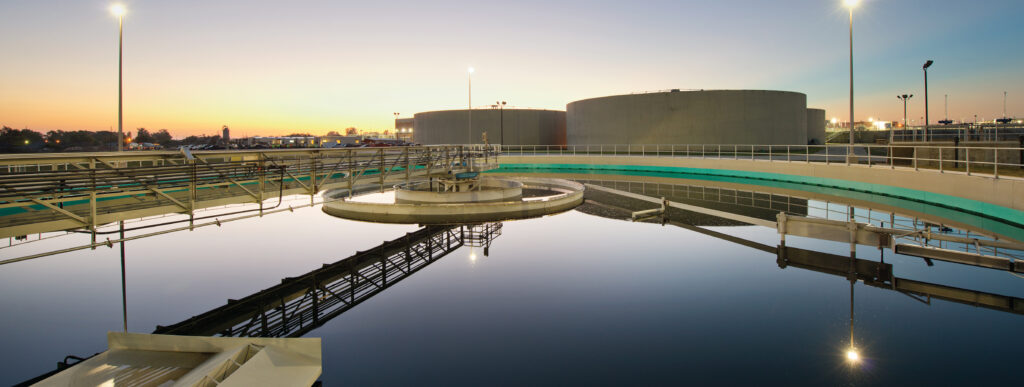
Introduction
Water is a critical resource for industrial operations, and with increasing global water scarcity, industries are turning to water reuse as a sustainable solution. A key enabler of effective water reuse is the development of reliable water storage systems. These systems ensure a consistent water supply, facilitate quality control, and support the long-term sustainability of industrial processes.
The Need for Industrial Water Reuse
Industries, especially those in manufacturing, energy, and agriculture, consume vast amounts of water. As freshwater resources dwindle due to population growth, urbanization, and climate change, businesses face mounting pressure to adopt practices that minimize water waste. Water reuse offers a pathway to reduce dependency on freshwater sources by recycling and treating wastewater for further industrial applications. However, achieving consistent and efficient reuse requires robust infrastructure, with water storage playing a pivotal role.
Ensuring a Reliable Water Supply
One of the primary benefits of water storage is ensuring a steady supply of water for industrial operations. Reused water may not always be immediately available in required volumes due to fluctuations in wastewater generation or treatment processes. Storage tanks or reservoirs bridge this gap, acting as buffers that hold treated water until it is needed. This continuity prevents production disruptions and safeguards against water shortages during peak demand periods.
Quality Control and Treatment
Industrial water reuse often involves multiple treatment stages, from basic filtration to advanced purification methods like reverse osmosis or UV disinfection. Water storage facilities allow treated water to be held and monitored before it is reintroduced into the industrial system. During this storage phase, industries can assess the quality of the water, ensuring it meets specific standards for reuse. Any deviations in quality can be addressed before the water is utilized, thereby enhancing operational efficiency and protecting equipment from potential damage.
Environmental and Economic Benefits
Water storage systems contribute significantly to reducing the environmental impact of industrial water use. By enabling water reuse, industries can decrease their freshwater withdrawals and minimize wastewater discharge into natural ecosystems. This not only helps conserve water resources but also aligns with environmental regulations and sustainability goals.
From an economic perspective, investing in water storage and reuse systems can result in substantial cost savings. Reduced dependency on municipal or natural water sources lowers procurement costs, while efficient reuse minimizes the expenses associated with wastewater treatment and disposal. Furthermore, industries that prioritize water sustainability may gain a competitive edge by enhancing their reputation and meeting corporate social responsibility (CSR) objectives.
Innovations in Water Storage
Recent technological advancements are enhancing the effectiveness of water storage systems. Smart storage solutions, equipped with sensors and IoT technologies, enable real-time monitoring of water levels, quality, and temperature. These systems can integrate seamlessly with industrial operations, automating water distribution based on demand and ensuring optimal usage.
Additionally, modular and scalable storage solutions offer flexibility for industries of various sizes, allowing them to expand their water reuse capabilities as needed. Innovations in materials, such as corrosion-resistant coatings and sustainable construction practices, are further improving the durability and environmental footprint of storage infrastructure.
Conclusion
Water storage is a cornerstone of industrial water reuse, providing the reliability and flexibility necessary to support sustainable practices. By investing in advanced storage systems, industries can ensure a consistent water supply, maintain quality standards, and reduce their environmental impact. As global water challenges intensify, integrating water storage with reuse strategies will be essential for industries seeking to balance operational demands with sustainability goals.


